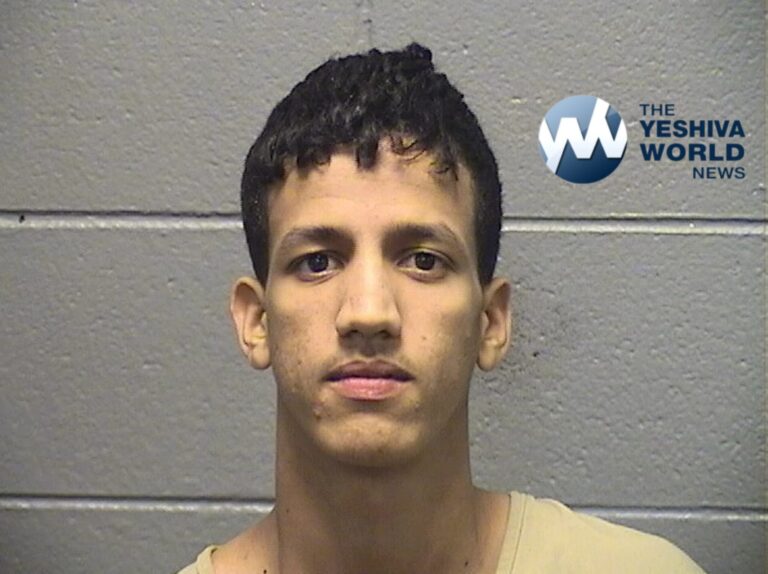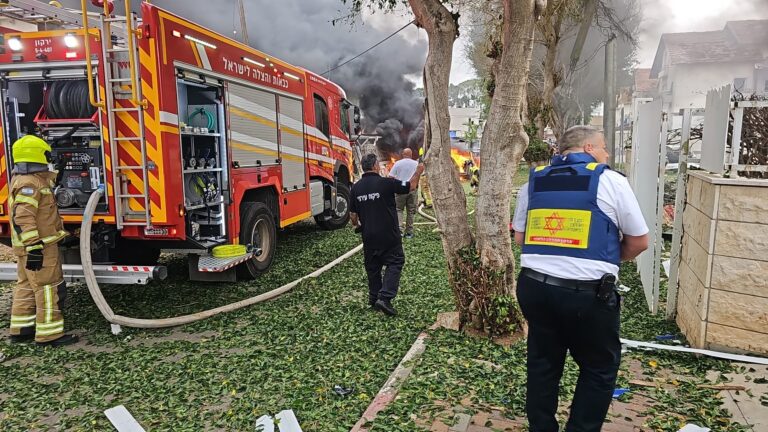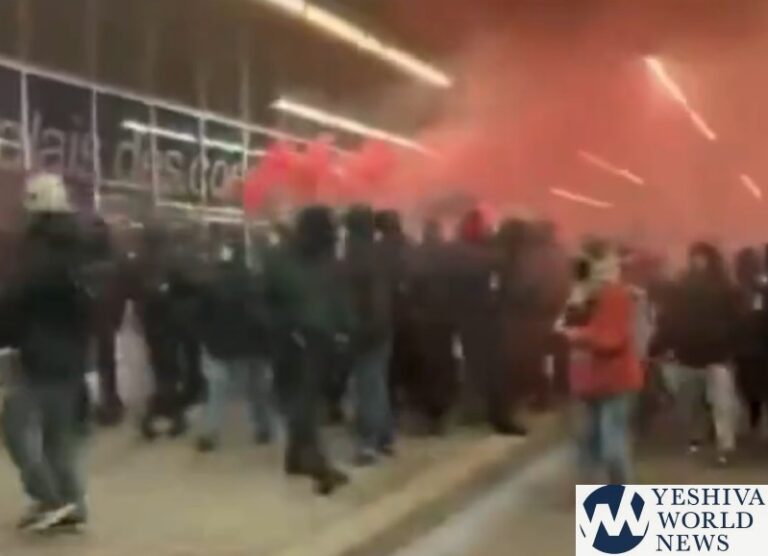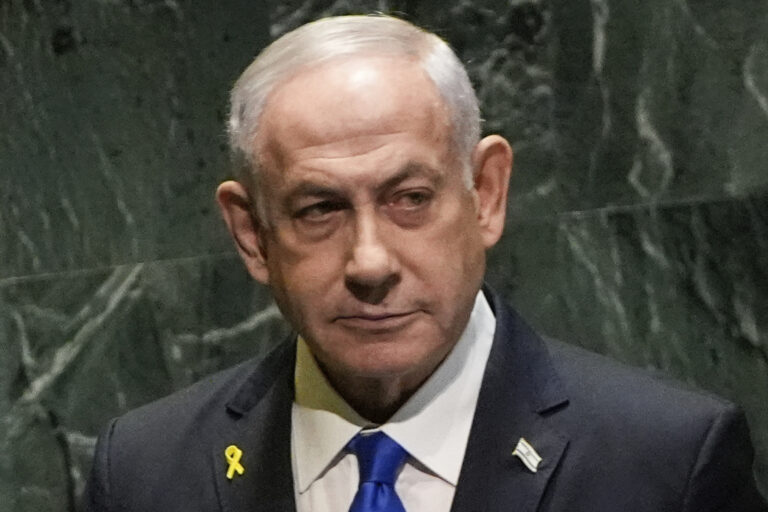 As city officials scrambled to prepare for another snowstorm slated to begin Tuesday night, a top deputy to Mayor Michael Bloomberg testified on Monday that an emergency declaration might have “yielded a more successful response” to the post-X-Mas blizzard, a marked reversal for the administration.
As city officials scrambled to prepare for another snowstorm slated to begin Tuesday night, a top deputy to Mayor Michael Bloomberg testified on Monday that an emergency declaration might have “yielded a more successful response” to the post-X-Mas blizzard, a marked reversal for the administration.
At a more than seven-hour City Council hearing examining the city’s response to the Dec. 26-27 storm, Stephen Goldsmith, deputy mayor for operations, and other top members of the Bloomberg administration outlined a panoply of problems that left much of the city, especially the boroughs outside Manhattan, paralyzed for days under mounds of snow.
Messrs. Bloomberg and Goldsmith, both of whom were reportedly out of town as last month’s storm barreled toward the five boroughs, were never informed of a decision by the sanitation commissioner, John Doherty, and the transportation commissioner, Janette Sadik-Kahn, not to declare a snow emergency, officials testified.
Officials also testified that 50% of the sanitation department’s trucks lack radios and that the city’s emergency operations center wasn’t staffed until 4 p.m. on Dec. 26, just an hour before the heaviest snow began to fall.
Mr. Doherty revealed that last month’s storm is estimated to cost roughly $38 million, the entirety of the city’s snow budget for the current fiscal year. Much of it was for overtime to cover 12-hour shifts for more than a week. Officials noted that the snow budget has been exceeded in five of the last six fiscal years, and that the city will identify additional funds to deal with upcoming storms.
“We were a rudderless ship in the storm,” said Council Member Peter Vallone, chairman of the Public Safety Committee. “All of the major decisions and major mistakes were made without even consulting the mayor or deputy mayor.”
Mr. Goldsmith testified that officials feared an emergency declaration would have put more cars on the road. But the decision was not guided by a “clear understanding of what powers and actions such declarations would enable amongst city agencies and other entities, and how the public would be required to act as a result,” Mr. Goldsmith said.
“Through our review over the past two weeks, we believe that declaring an emergency could have provided a triggering event for those city agencies and other entities that utilize such a declaration as a catalyst for action, and by the public, which potentially might have heard the word ’emergency’ and limited their driving,” he said.
“Based on what we know now,” Mr. Goldsmith said, “an emergency declaration of some sort would have been helpful.”
In addition to the decision not to declare a snow emergency, Mr. Goldsmith outlined a series of other problems, such as a lack of real-time information on street conditions; a delayed deployment of city assets to remove snow; a failure to procure private resources to help with the snow removal; insufficient communication within city government and to the public; and problems with emergency communications and response.
The administration issued a “15-point action plan” aimed at ensuring the city is better capable of handling similar storms in the future.
Mr. Goldsmith, who joined the administration last year, said the public rightfully should expect a high level of government services. He issued a direct apology for failing to meet that standard.
“In the Christmas storm of 2010, we didn’t achieve that level of performance, and we owe you and all New Yorkers for that lack of performance our administration’s apology, and my personal promise not to let it happen again,” he said.
In the most dramatic moment of the hearing, Council Member Letitia James brandished a heavy set of snow chains, declaring, “These chains were once on tow trucks—they’re made of steel.” Then she picked up what appeared to be a lighter set of chains, saying, “These are the chains allegedly you had on the tow trucks—they’re made of aluminum and they broke!”
Mr. Doherty disputed that the second set of chains was made of aluminum. “They’re a hardened nickel magnesium alloy,” he said, adding that this type of chain has more traction and that he was “very satisfied” with them.
There were moments of pique during the hearing. Council Member David Greenfield said his Brooklyn district was the worst-served in the city. He accused the administration of treating residents outside of Manhattan as second-class citizens.
In response Mr. Doherty said all the boroughs had the resources they needed. In turn, Mr. Greenfield rolled his eyes and said with a sigh: “Come on!”
Council Member Charles Barron, also of Brooklyn, said he believes the investigation into rumors that sanitation workers deliberately foiled the cleanup efforts is part of an effort by the Bloomberg administration to find a “scapegoat.” The mayor and Mr. Doherty have repeatedly said they don’t believe there was any coordinated slowdown.
“You and the mayor are responsible for what happened,” Mr. Barron told Mr. Goldsmith. “You and the mayor should be under investigation.”
Mr. Goldsmith said he deferred, in particular, to Mr. Doherty, who has been fighting snowstorms in the city for decades. Before last month’s storm, Mr. Goldsmith said, the city had “70 wins” in responding to a storm.
Mr. Goldsmith denied allegations that staffing levels at the Department of Sanitation played a role in the city’s sluggish response. While the department has 400 fewer workers compared to two years ago, Mr. Goldsmith said the city had the same number of workers on the streets last month as it did, for example, last February, when a storm dumped more than 20 inches on the city.
In prepared testimony, Harry Nespoli, president of the Uniformed Sanitationmen’s Association, said he warned last year that staffing could pose a major problem in the city’s ability to respond to a big storm. “I asserted then and still contend that 5,900 uniformed sanitation workers is not enough to clear snow as quickly as the city of New York demands and deserves.”
Mr. Bloomberg did not attend Monday’s hearing. He was in meetings most of the day, but he saw parts of the hearing as it aired live on television, an aide said.
The New York region will wake up Wednesday morning under another blanket of snow, according to the National Weather Service. The agency expects at least six inches—but probably 10 or 11 and possibly more—to fall on the city beginning Tuesday night. Wind gusts up to 35 miles per hour are expected, too.
“This is not as ferocious of a storm as the one that we saw with the blizzard, but we are going to have near blizzard conditions,” said Ross Dickman, the meteorologist-in-charge at the weather service’s office in Upton, N.Y. The heaviest snow will come before and during rush hour Wednesday morning.
“For any type of traveling on Wednesday, you really need to think about making alternative plans,” Mr. Dickman said.
City Council Speaker Christine Quinn said last month’s storm brought the city to “its knees.” She called the city’s response unacceptable.
“Look, we didn’t do the job you expected, we didn’t do the job that residents of New York City expected,” Mr. Goldsmith said. “There are a lot of mistakes made, we acknowledge those. We’re here to learn from those mistakes and promise to do better.”
(Source: Wall Street Journal)











One Response
Why don’t you folks leave poor Mr Bloomberg alone?
Whats has he done wrong to you except canceling some free handouts which you don’t really deserve?
Its amazing how you all change tune when a few dollars are on the line. What does this tell future Mayors, that the Jewish vote can be bought for a few measly dollars.
Come live in a normal country like me, where people actually work to make a living, and don’t rely on the government to support them,